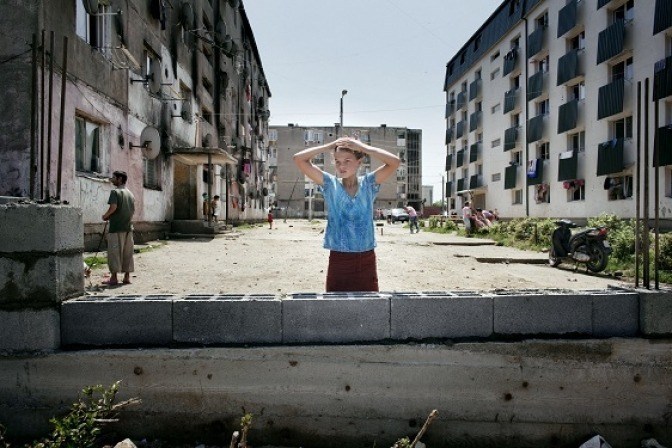The new coronavirus crisis (Covid-19) has hit the most vulnerable people in the world such as people working in the informal economy, people in countries without universal health insurance and paid sick leave, people in refugee camps, and people lacking access to water and sanitation.
In Europe, Roma are among the most vulnerable. When the European institutions last week adopted the Coronavirus Response Investment Initiative to support the member states in their fight against the virus, the Roma were largely forgotten.
The more than 11 million Roma are the biggest ethnic minority in Europe, without any historic homeland, and living in nearly all countries of Europe. Despite EU efforts to integrate them and improve their living standards, they are still lagging behind the majority populations in education, housing, employment, health and empowerment.
Related News
- Coronavirus: New hospitalisations 'seem to be stabilising'
- Coronavirus: Belgium reaches 16,770 confirmed cases
- Government has €5 million for research into coronavirus vaccine
Nine NGOs, among them the European Roma Grassroots Organisation (ERGO) with headquarters in Brussels, wrote an open letter last week (27 March) to Commissioner Helena Dalli, responsible for Equality, to draw her attention to the needs of Roma and other marginalised groups in society. The Commission confirmed only on Thursday (2 April) that she had received the letter and will reply in due course.
Regular hand-washing is crucial to slow the spread of the virus but Roma often lack clean water and sanitation services because of years of neglect before the outbreak of the crisis. It is absurd because cleanliness plays such an important role in Roma culture.
According to research conducted by the European Roma Rights Centre, even where safe water supply and sanitation services are available to non-Roma households, systemic discrimination means that Roma are often denied such services.
In recent days, the Commission has announced a number of financial aid measures to allow all member states to ensure that food and drinking water are available to all; that key sanitation products and medicines are delivered; that everybody gets an equal access to healthcare and shelter; as well as ensuring health awareness among members of marginalised Roma communities.
The Coronavirus Response Investment Initiative (CRII) gives member states an upfront cash injection of €8 billion from the EU cohesion funds which could trigger up to €37 billion of European public investment to fight the coronavirus. The money can be used to buy medical equipment, pay doctors and health workers, support the unemployed, keep people in jobs, and keep SME’s in business.
The hardest hit member States can also rely on up to €800 million from the EU Solidarity Fund. Furthermore, on Thursday the Commission announced an extra aid package, CRII Plus, which complements the first one by introducing extraordinary flexibility to allow that all non-utilised support from the European Structural and Investment Funds can be mobilised to the fullest.
A Commission spokesperson told The Brussels Times that the Commission calls upon the member states to use all the above instruments, including the Fund for European Aid to the Most Deprived (FEAD), to ensure support to all groups including marginalised Roma across the EU who are particularly exposed to the spread of the virus.
“Member states shall also use the potential of all field workers and health mediators working in these communities to receive the necessary protective equipment to deliver safely the support. The EU together with member states share a responsibility to show solidarity and protect all people, including marginalised Roma.”
M. Apelblat
The Brussels Times

